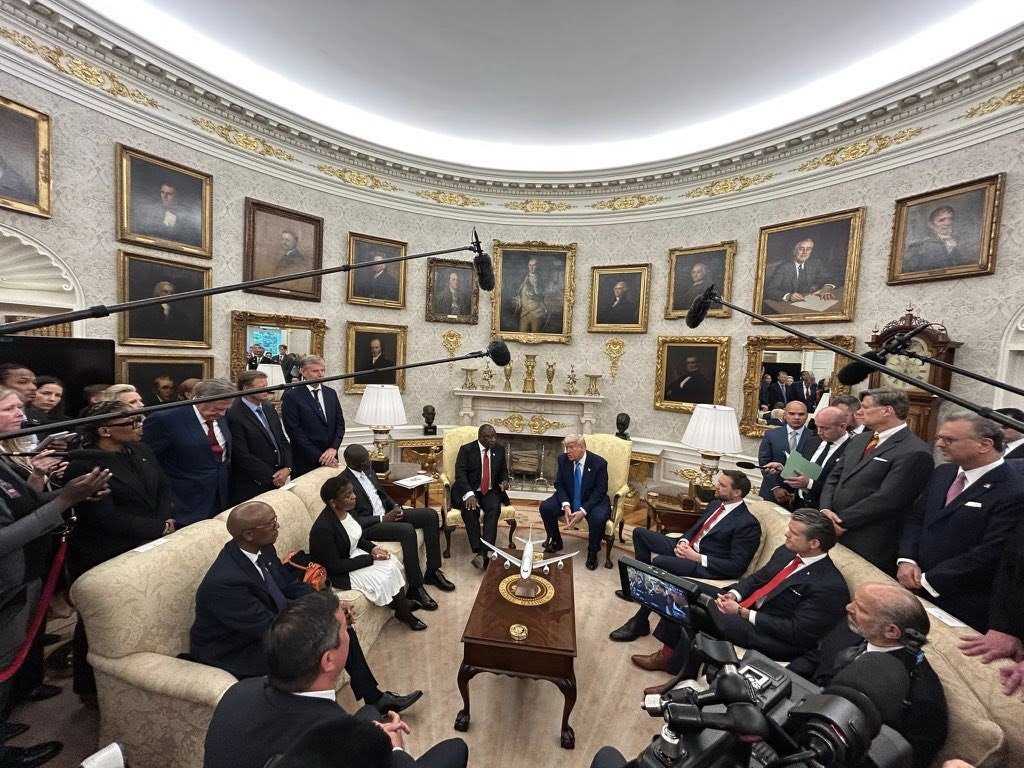
Fidelis Zengeza Zvomuya – Zim Now Correspondent
Introduction
When South African President Cyril Ramaphosa entered the Oval Office on Wednesday, he expected a routine diplomatic engagement. Instead, he walked into an ambush.
President Donald Trump, seizing the moment, played inflammatory videos alleging “genocide” against white farmers in South Africa—a claim long debunked by experts and fact-checkers.
While the South African delegation swiftly refuted the false narrative, a critical question lingers: Why did Ramaphosa’s delegation include passport-carrying white golfers, a wealthy businessman, and the COSATU President—but not a single representative from Agri SA, TLU SA, or AFSA—the very farming organizations that could have credibly countered Trump’s misinformation?
This was a missed opportunity—one that speaks to deeper issues of political optics, elite disconnect, and the failure to strategically engage on an issue that has been weaponized by right-wing media and populist leaders abroad.
The Diplomatic Ambush: How Trump Hijacked the Narrative
Trump’s decision to air unverified videos during the meeting was a deliberate provocation. The “white farmer genocide” myth, perpetuated by fringe groups and amplified by conservative media, has been thoroughly discredited. Groups like AfriForum—an organization representing white South African interests—have themselves acknowledged that while rural violence is a serious issue, framing it as “genocide” is hyperbolic and misleading.
Yet, instead of pre-empting this move with a robust, fact-based delegation that included credible agricultural stakeholders, Ramaphosa arrived with a team that lacked direct representation from the farming sector.
The inclusion of COSATU’s President, Zingiswa Losi, was a nod to labour—but where were the farmers? Where were the voices of those who could speak first-hand about land reform, rural safety, and agricultural policy?
The Curious Composition of Ramaphosa’s Delegation
The delegation’s makeup raises troubling questions about political priorities:
Related Stories
1. The Absence of Farmer Organizations
• Agri SA, the largest agricultural association in South Africa, represents both black and white farmers. Its exclusion was a glaring omission.
• TLU SA (Transvaal Agricultural Union) and AFSA (African Farmers’ Association of South Africa) could have provided nuanced perspectives on land reform and rural security.
• Instead, the presence of wealthy white businessmen and golfers (reportedly carrying passports for an unrelated trip) reinforced the perception that Ramaphosa’s inner circle is dominated by elite interests rather than grassroots realities.
2. The COSATU Paradox
• While COSATU’s presence signalled labour solidarity, it did little to counter Trump’s false “white genocide” narrative. A more effective strategy would have been to bring both commercial and emerging black farmers to demonstrate the complexity of land reform—a policy aimed at redressing apartheid-era dispossession, not persecuting white farmers.
3. A Missed Diplomatic Counterpunch
• Ramaphosa could have used this moment to present a united front—black and white farmers standing together against misinformation. Instead, the delegation appeared unprepared for Trump’s theatrics, allowing the false narrative to dominate the discussion.
Why This Matters: The Global Weaponization of South Africa’s Land Debate
The “white farmer genocide” myth is not just a domestic issue—it is a global propaganda tool. Right-wing media in the U.S., Australia, and Europe have used it to stoke racial tensions, rally populist support, and paint South Africa as a failing state. By failing to bring credible farming voices to the table, Ramaphosa ceded the narrative to Trump and his allies.
Conclusion: A Strategic Blunder with Lasting Consequences
Ramaphosa’s delegation choices reflect a broader failure in South African diplomacy: the inability to proactively shape its international image. If the goal was to dispel myths about land reform and rural violence, then excluding farmer organizations was a grave error.
Moving forward, South Africa must ensure that its delegations are strategically composed to counter disinformation—not just react to it. The next time a foreign leader tries to weaponize South Africa’s racial and land debates, the response should come not from politicians and businessmen, but from the farmers, black and white, who live the reality every day.
Final Thought: Diplomacy is about controlling the narrative. Ramaphosa lost that control the moment he walked into the Oval Office without the voices that mattered most.










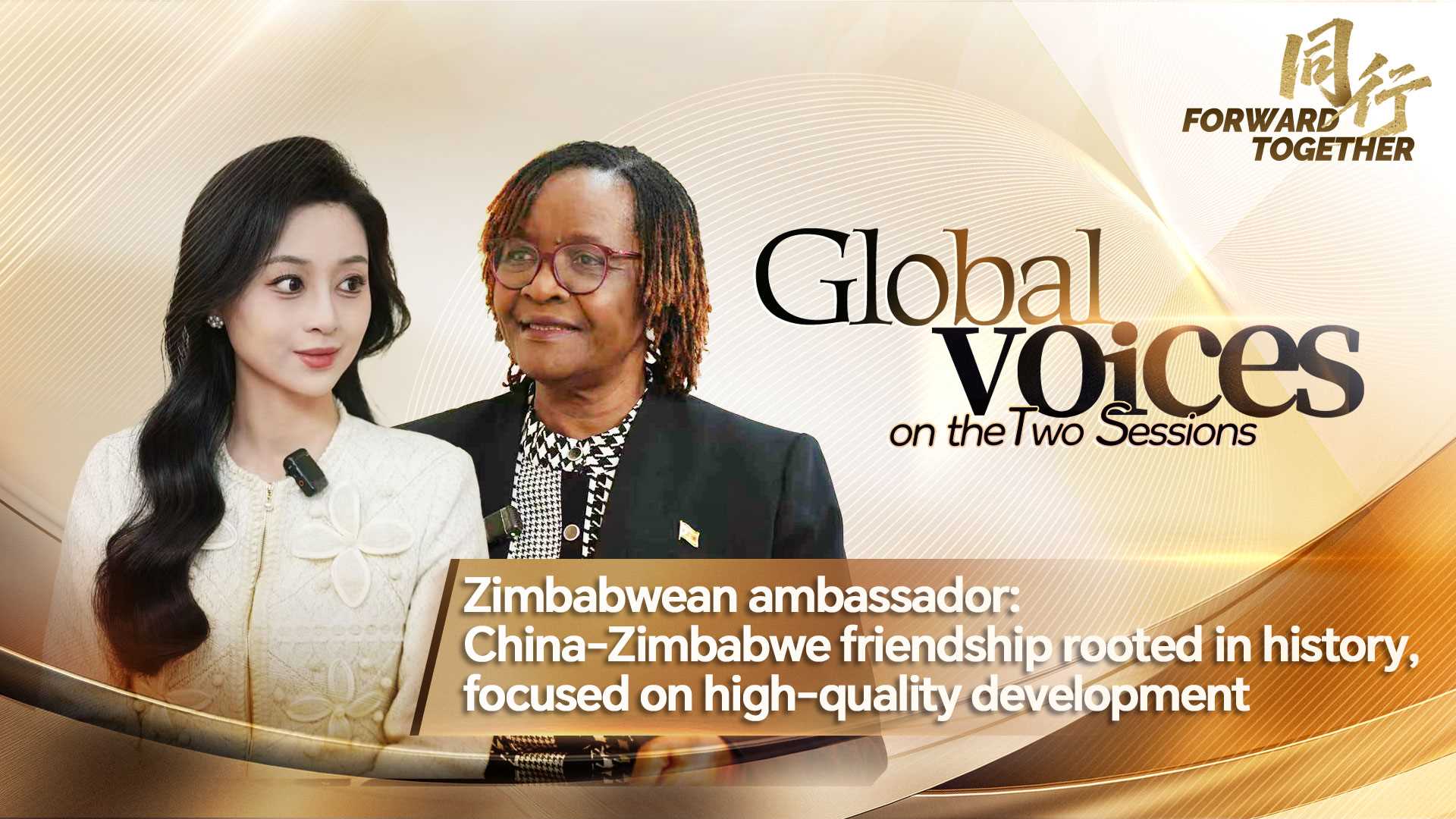
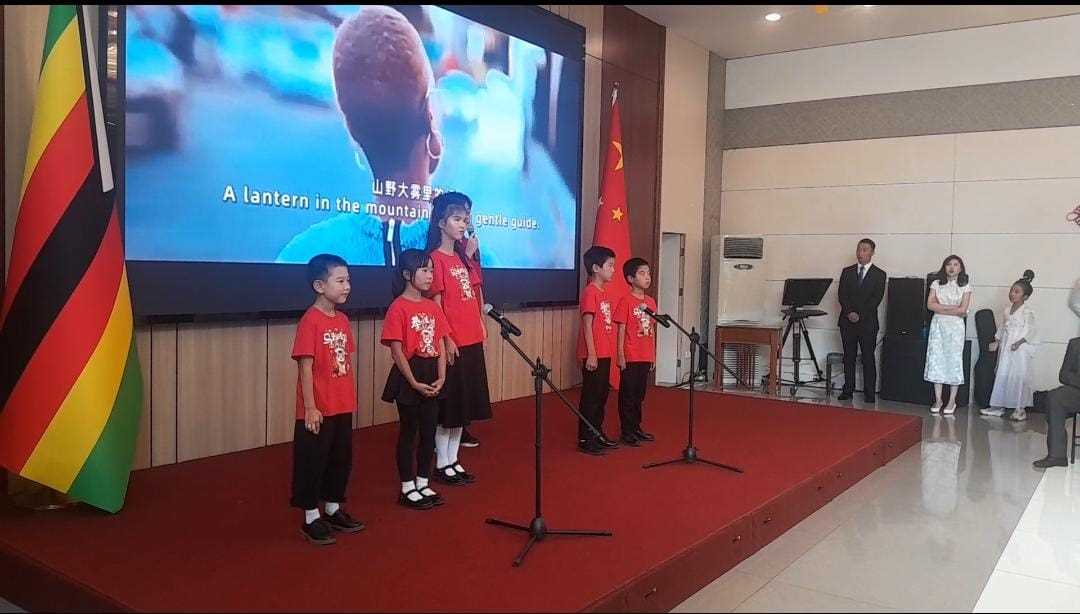
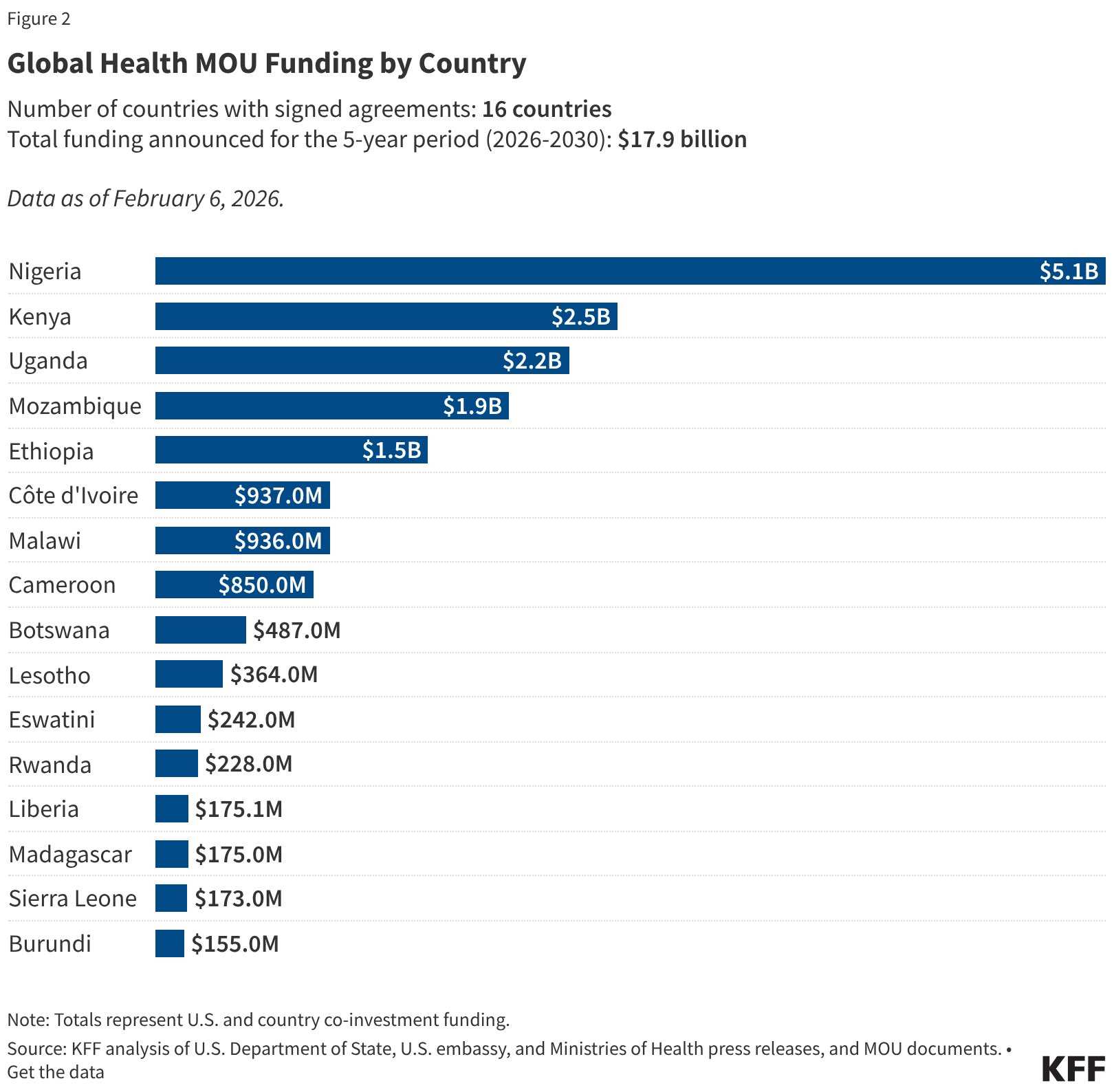

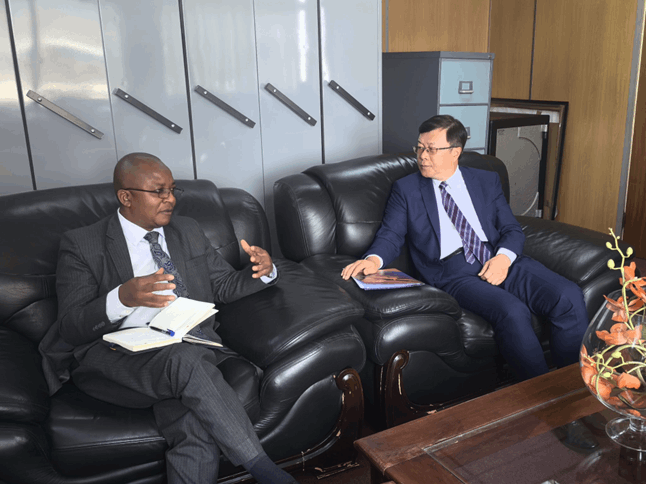
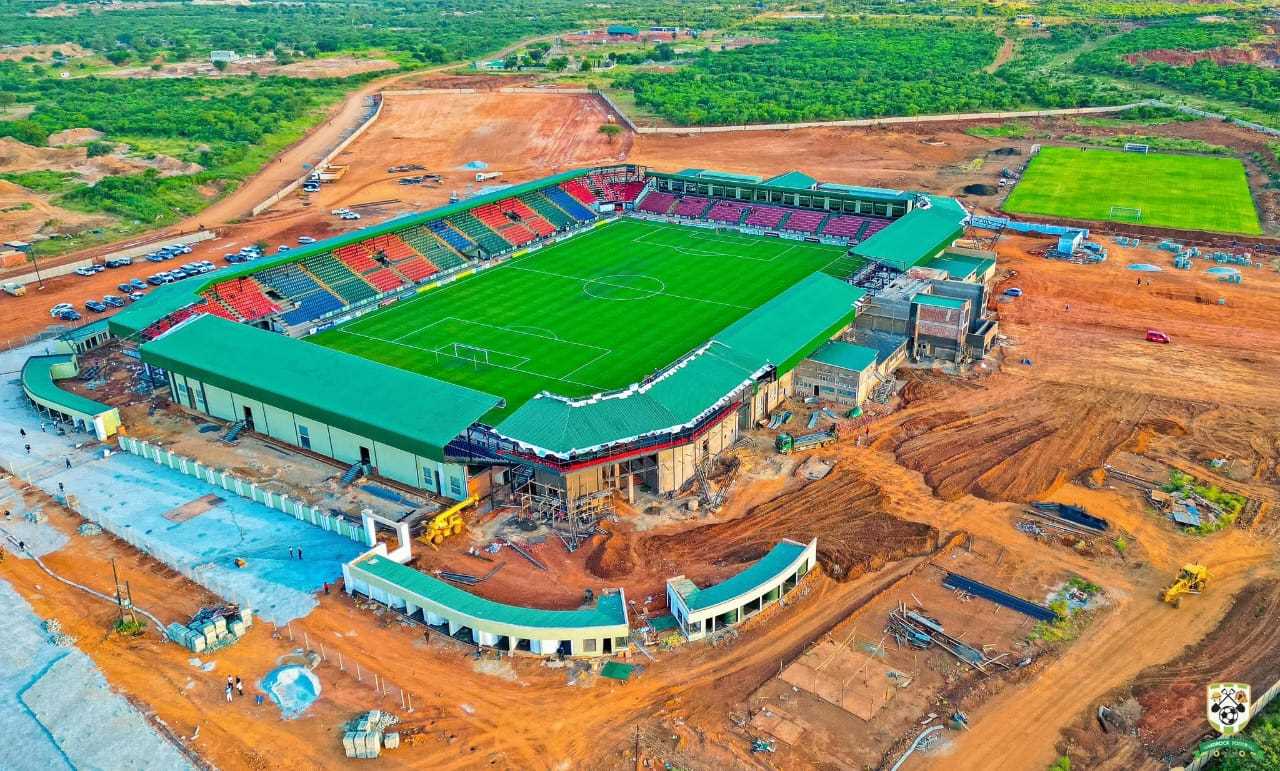
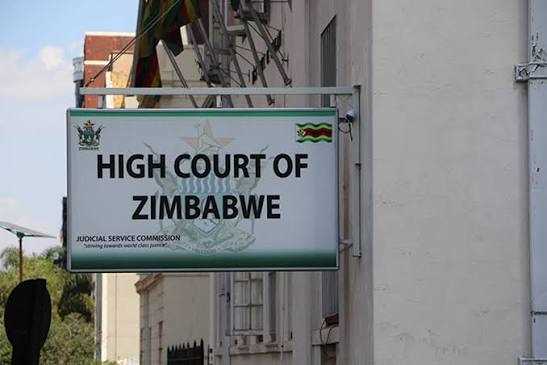


Leave Comments